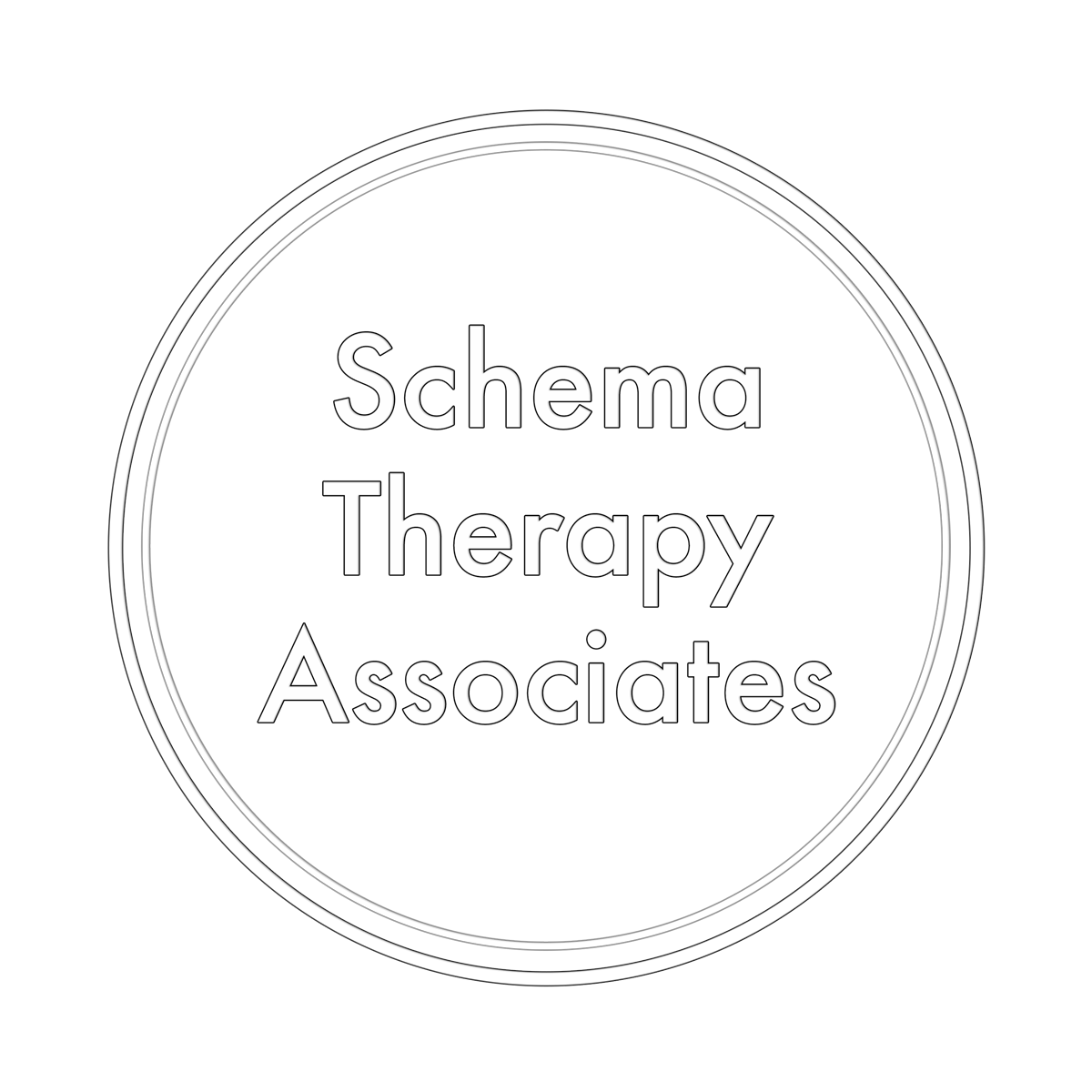FAQ
What is SCHEMA THERAPY?
Schema Therapy is an innovative psychotherapy for long lasting problems such as relationship issues, chronic depression, anxiety and personality difficulties. It integrates Cognitive Behavioural Therapy (CBT), Object Relations, Attachment Theory and experiential techniques into a unified whole. There is good evidence that it is highly effective in treating complex cases, attaining superior outcomes on a large-scale randomised control trial for clients with Borderline Personality Disorder (Giesen-Bloo et al, 2006).
Therapists are drawn to the therapy not only because of strong evidence for its effectiveness (see Research Evidence) for a range of difficulties but also because it provides a structure for developing a joint understanding of clients’ difficulties, a clear focus for treatment and strategies for deep and sustained change, within an emotionally corrective therapeutic relationship.
If you would like to learn more about Schema Therapy, please take a look at the Client’s Guide to Schema Therapy, written by Schema Therapist Dr David Bricker and Dr Jeffrey Young, the founder of Schema Therapy.
What Problems do you help with?
We help people with more common problems such as:
Anxiety & stress
Anger
Depression
Unwanted habits & addictions
Relationship difficulties
Additionally we offer help in arenas that require more specialist expertise such as:
Personality problems
How long does Schema Therapy Take?
The length of therapy depends on the person’s goals, the nature of the difficulties, the time and energy devoted to therapy work between sessions – and other factors. At the end of the assessment phase (usually 2-4 sessions) your therapist will be able to advise you regarding the likely number of sessions that will be required to meet your goals for therapy, or at least agree with you an initial number of sessions, after which you will review your work together.
To get more of an idea of Schema Therapy, find quizzes that help you identify your schemas, and chapters that guide you through ways of weakening them, we highly recommend the book, Reinventing Your Life by Jeffrey Young and Janet Klosko.
Please feel free to peruse our individual profiles under the Practitioners menu and contact us if you would be interested in an initial consultation to explore the option of therapy further.
is schema therapy right for me?
If you’ve been struggling with the same problems for some time, or if intellectually you know what’s wrong but you get stuck when you try to make lasting, meaningful change Schema Therapy may well be able to help.
How we see the world often feels right to us. A ‘schema’ refers to the lens through which we see the world, colouring how we feel about our lives, ourselves and other people.
Schemas are what typically underpin the sorts of difficulties listed above. So Schema Therapy involves a deeper exploration (for example, than CBT or person-centred counselling) into why we feel the way we do, combined with a focused approach to change. The therapy begins with understanding how current issues developed and what keeps them going now, and then moves into transformational work, at a pace that suits the client.
Case example
Dave has a side of him that tells him that he has to do everything perfectly, leaving him feeling under constant pressure to achieve beyond what is realistically possible. He therefore rarely meets the standards he sets for himself, which feeds his underlying belief that he is a failure. The stress builds up and he increasingly finds himself losing his temper with his wife. He then feels terrible, a failure again. He has failure and unrelenting standards schemas.
Once Dave, in partnership with his therapist, understands his schemas and patterns of coping with these, his therapist can start to give him what he needs to develop a ‘healthy side.’ For example, Dave will develop skills of negotiating with the ‘demanding side’ that insists he does things perfectly. The therapist will also show him ways that alleviate feelings of being a failure. As he develops these skills and the past traumas that gave rise to his schemas are healed, he’ll be able to move forward in the directions he wants, to do so without feeling stressed and instead derive satisfaction from what he does.
I am interested in schema therapy supervision / training what should I do?
We are all experienced and ISST accredited supervisors and trainers and have worked in a wide range of NHS and private settings. We offer supervision, workshops and run an ISST approved training programme.
We are currently accepting applications for our ISST accredited training programme.
Any other questions?
Why not get in touch - contact us here.

